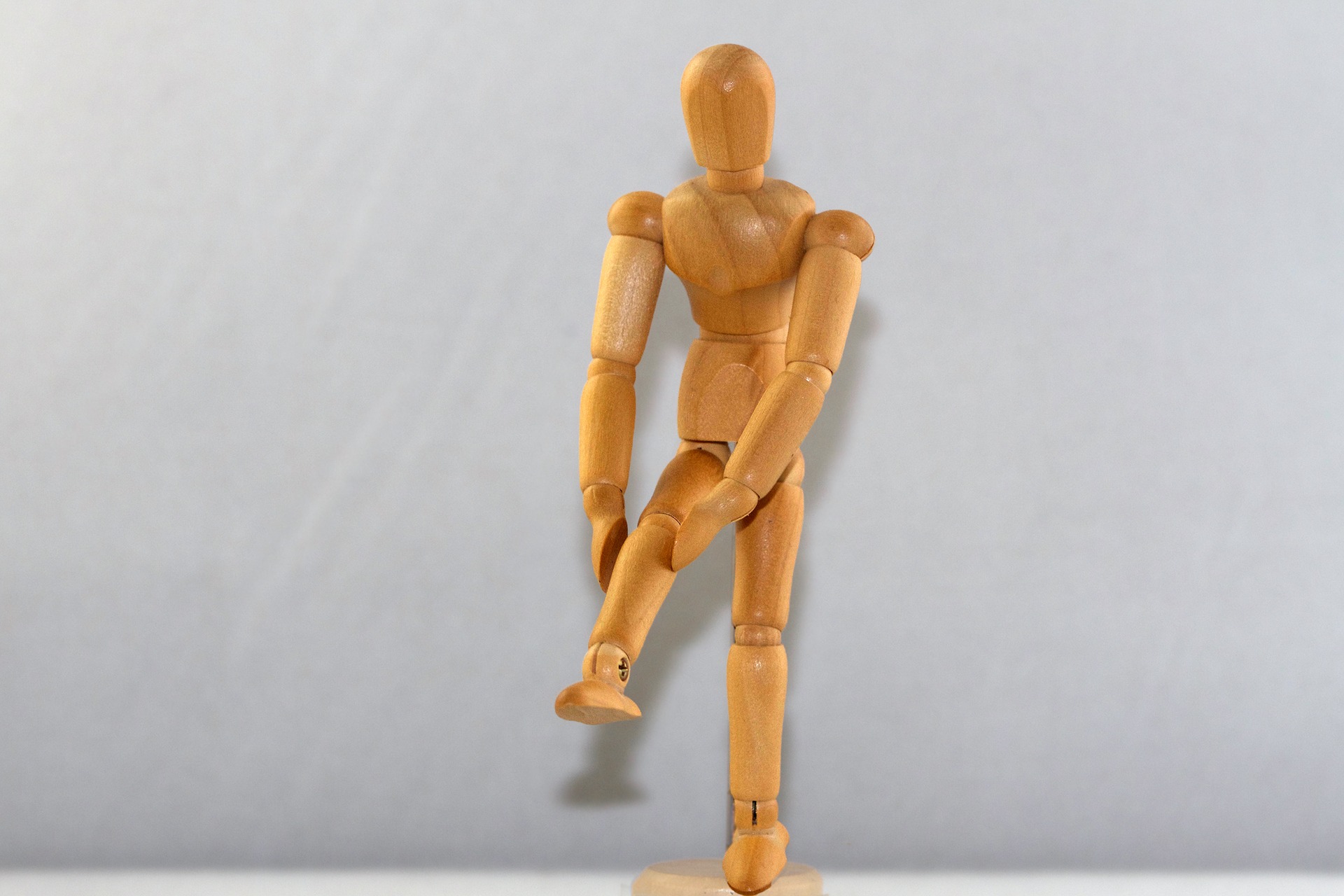Last updated on Wed, 14th Sep 2022
I hurt my knee about 10 days ago while out walking.
Before I had my bariatric surgery, my first instinct would have been to treat the injury it with an anti-inflammatory painkiller such as ibuprofen.
However I was told by my bariatric team that after having a gastric bypass I’m not allowed to take any NSAIDs, at all, for the rest of my life!
What’s the deal with anti-inflammatory drugs after bariatric surgery?
NSAIDs (or non-steroidal anti-inflammatory drugs) are widely used to relive pain, reduce inflammation, and to bring down a high temperature. Some are prescription medicines and others are available over the counter.
Common types of NSAIDs are:
- Ibuprofen
- Aspirin
- Naproxen
- Diclofenac
- Celecoxib
- Mefanamic Acid
- Etoricoxib
- Indometacin
In bariatric patients these painkillers are meant to cause damage to the stomach. In particular they are said to cause stomach ulcers, and that’s the reason why they need to be avoided.
The reduced stomach size with all types of gastric surgery presents a major problem with the use of nonsteroidal anti-inflammatory drugs (NSAIDs). Administration of NSAIDs in these patients carries an increased risk for serious damage to the stomach pouch, which may result in gastric ulcers.
https://www.practicalpainmanagement.com/treatments/pharmacological/non-opioids/ask-expert-nsaids-after-bariatric-surgery
So how can I treat aches and pains?
Well it seems that Paracetamol is safe to take – although it only helps manage the pain, rather than helping to reduce the inflammation.
I also checked with my doctor, and it seems that transdermal pain relief (that’s patches and gels) are a somewhat safer form of NSAIDs to take for bariatric patients. Apparently some of the drug can still get into the blood stream, but it’s much less that when taking pills orally, so the risk of stomach ulcers is (thankfully) much reduced!
Topical NSAIDs may have potential advantages when compared with oral NSAIDs. Several studies demonstrate that, perhaps because of low systemic concentrations, topical NSAIDs have a reduced risk of upper GI complications such as gastric and peptic ulcers
https://www.ncbi.nlm.nih.gov/pmc/articles/PMC2984542/
So for now, on my doctor’s advice, I’m able to use a pea-sized blob of Diclofenac based gel on my knee to help relieve the pain. And that seems to be doing the trick.


hi, This is Amazing content about anti-inflammatory drugs after bariatric surgery. Thanks for sharing such a Valuable content.